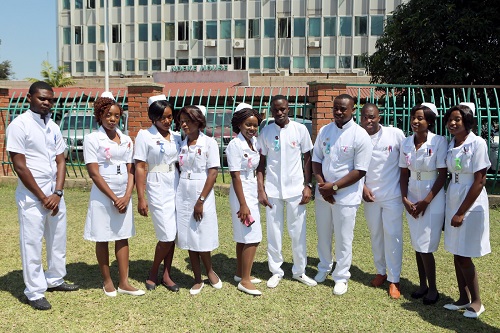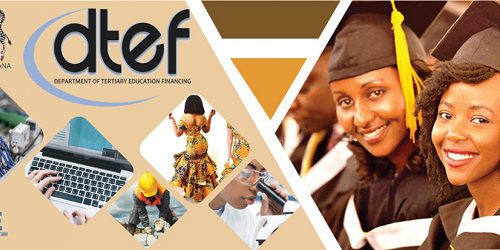There’s a growing body of research bordering on this topic which has proven that social skills have a significant level of impact on academic performance. According to studies, pupils/students who are good at socializing, collaborating, and communicating with others tend to perform better in school.
It is no longer a hypothesis because, from the look of things around us, it looks like social skills can help students stay motivated, make friends, and get along with their teachers and classmates, which can in turn lead to increased engagement and participation in class, and of course, improved grades.
So What Are Social Skills?
Social skills are those abilities, skills, and techniques students and everyone else use to interact with strangers. Social skills include; verbal communication skills, leadership skills, non-verbal communication skills, emotional intelligence, problem solving, team spirit, and organizational skills.
It’s funny how employers look for this set of skills in applicants right after they present their educational certificates. This is because you get to interact with all kinds of people on a daily basis, and these skills give you an edge. Hence, kids who have these kinds of skills are on the lucky side because they get to do a lot of things that other kids cannot do freely.
What Are The Effects Of Social Skills On Academic Performance?
1. Aids In Communication
Students who have this type of skill find communicating and interacting with others and with their teachers a walk in the park which is an advantage since they can communicate their feelings without fear of any kind.
In their small study group, they’ll find it really easy to share their thoughts and ideas with their peers when compared to students who lack this skill.
2. Reduces Anxiety
It’s kind of difficult to speak in a crowd, especially if you have to be the one addressing while everyone else sits and listens to you. Social skills help reduce the anxiety of meeting and talking to new people since you are already a people person.
Additionally, social skills can impact academic performance by reducing stress and anxiety, which can improve focus and concentration, all of which can lead to better performance in the classroom.
3. Attitude
Social skills can have a significant impact on academic performance through the attitudes they cultivate in students. Students with strong social skills are more likely to have a positive attitude toward learning, which can have a significant impact on how much they retain and how much they enjoy the learning process. A positive attitude can lead to improved motivation, which can in turn lead to more effort, focus, and engagement in the classroom.
4. In Literacy
This is true beyond reasonable doubt because students with strong social skills are better able to understand the perspectives of others, which is a key component of reading comprehension.
Social skills can also help students develop the critical thinking skills that are needed to make sense of written text. Additionally, students with strong social skills tend to have better oral language skills, which can also impact their ability to read and understand text.
5. Relationships
Students who have strong social skills are more likely to have positive relationships with their teachers, which can lead to increased engagement and better grades. Social skills can also help students to work well in groups, ask for help when they need it, and seek out opportunities to learn and grow.
In conclusion, aside from academic improvement, and reading comprehension, social skills can have an impact on a variety of other academic skills and abilities. For example, students can do the following with the aid of social skills; to
- Establish positive relationships with teachers and classmates.
- Seek out constructive criticism
- Accept constructive feedback.
- Work collectively and effectively in groups.
- Build and maintain optimistic attitudes in the face of challenges.
- Express themselves freely.




